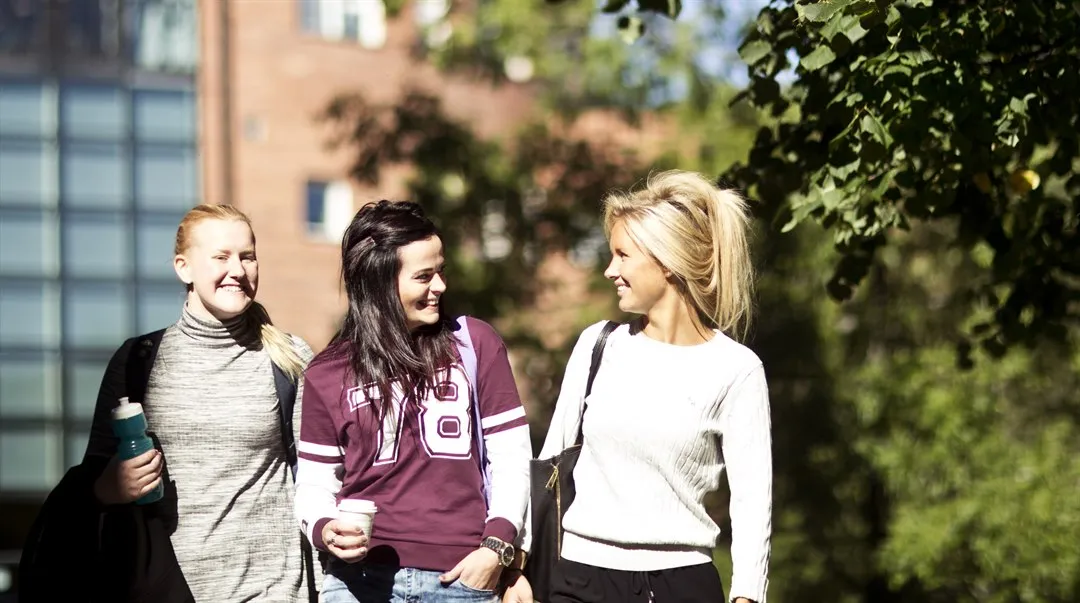Masters Programme in Sports Performance and Athlete Health (one year), 60 credits, 60 hp
Performance sport demands a fine balance between training and recovery, and striving for high-level performance can encourage risk taking so that athletes often find themselves on a knife edge between peak performance and states of injury, illness or underperformance. Evidence-informed practice in this field is developing at a rapid rate and it is now widely recognised that athletes’ health and wellbeing are critical for successful performance and longevity.
About the programme
The master programme (60 credits) in Sports Performance and Athlete Health is offered as a part-time programme delivered over two years, and is aimed at current or prospective sports scientists, researchers, coaches and medical personnel (such as doctors, physiotherapists and naprapaths) who are aspiring towards roles in performance sport. Students will acquire practical and theoretical knowledge to inform practice and pave the way for future research and development in performance sport. The programme focuses heavily on evidence-informed practice, aiming to encompass international perspectives, and insights from a range of practitioner roles. Students have the opportunity to choose in the first term between taught courses in “Optimising athletic performance” or “Return to play and injury management”, and will thereafter follow a common programme of taught courses covering topics such as “Illness and health issues in performance sport”, “The adolescent athlete”, “”, and “Coaching, leadership and sports organisation”. Scientific theory and methodology are embedded in all taught courses and students will apply these skills in the final independent project.
The theoretical components of the programme will be delivered online and there will be two compulsory campus meetings in Östersund and/or Stockholm during the period of study. The programme is run as a collaboration between the Department of Health Sciences (Sports Science) and the Swedish Winter Sports Research Centre at Mid Sweden University, and the Musculoskeletal and Sports Injury Epidemiology Centre at Sophiahemmet University in Stockholm.
The structure of the teaching
Two compulsory on-campus meeting during the period of study.
Entry requirements
A Bachelor degree with at least 180 credits (180 ECTS), including a degree project of at least 15 credits (15 ECTS), in Sports Science, Sports Medicine or Physiotherapy.
OR
A Bachelor degree consisting of at least 180 credits (180 ECTS), including a degree project of at least 15 credits (15 ECTS), and a minimum of 60 credits (60 ECTS) in one or more of the following subjects: clinical epidemiology, exercise physiology, testing methods in sports science, kinesiology, biomechanics, coaching and leadership, sports nutrition, sports medicine, training sciences.
AND
English course 6 from Swedish Upper Secondary School or equivalent.
Title of qualification
Magisterexamen
Magisterexamen med huvudområdet idrottsvetenskap
translated into
Degree of Master of Science (60 credits) with a major in Sport Science
After the programme
This programme aims to equip future practitioners (e.g. sports scientists, coaches and medical personnel) with the skills required to support athlete development in a sustainable manner, as well as giving the opportunity to proceed to future research studies. Although clinical contexts may arise during the education, please note that the programme is non-clinical in nature and thus does not lead to any licence to practice in specific clinical disciplines.

